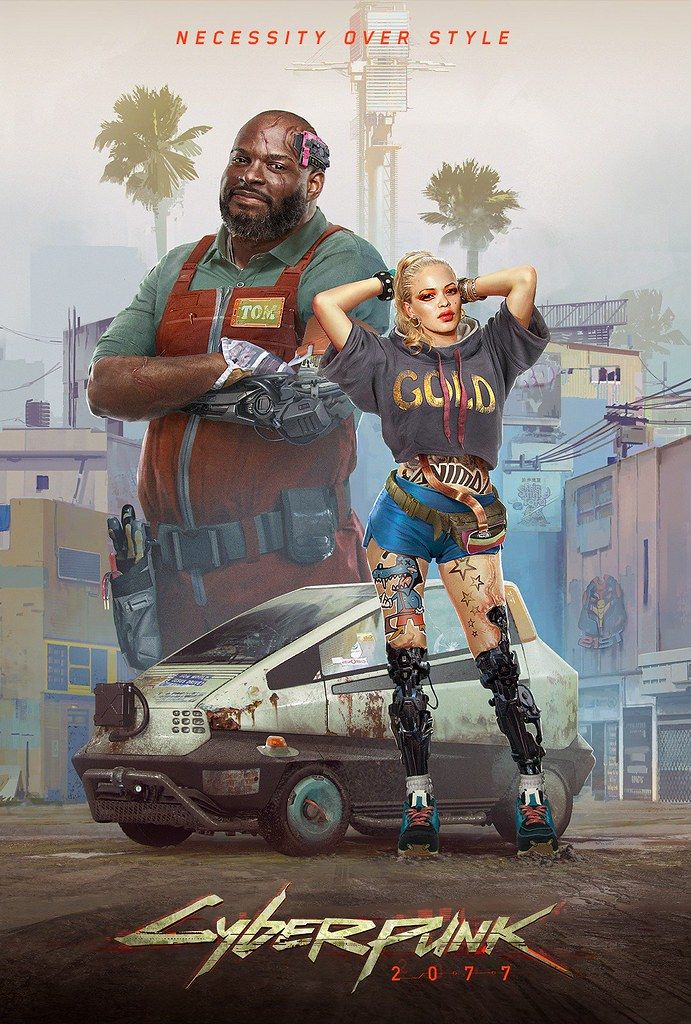Video games are an artwork and form of entertainment that can bring great enjoyment, joy, thrill, and happiness to the lives of millions. Not all of them are created equal, and some have proven to leave a very bad mark on the industry in ways such as creating terrible precedents, abusing customers, or hurting the image of gaming in general.
This article will explore a few games that are often regarded to be nice or even amazing but yet nonetheless hurt the industry in various ways. Let’s take a look at what made these games so controversial and their good and bad consequences on the gaming industry.
## Call of Duty: Modern Warfare 2 (2009)
Call of Duty: Modern Warfare 2 is one of the most known and influential first-person shooters ever made, having sold over 25 million copies and gained critical acclaim. The game is recognized for a dramatic and cinematic plot, engrossing and competitive multiplayer, and unique, diversified spec ops mode.
The game itself was enveloped in a great deal of controversy and censure, notably for its now-infamous “No Russian” objective, where the player had to engage in a terrorist assault on a Moscow airport, killing hundreds. The level was meant to portray the intensity and horror of battle, but most of the gaming community and pundits thought it unpleasant, gratuitous, and inappropriate—especially in regard to real-world events. The quest was banned or limited in various countries and generated a campaign against the game and the series.
It also created a precedent for the annualization and stagnation of the Call of Duty series, regularly blasted for its formulaic, repetitive nature paired with a hefty price tag. The game has produced paid downloadable material, notably for multiplayer maps; such paid DLC has been condemned as a milking of the fanbase and ripping apart the community.

## Candy Crush Saga (2012)
One of the most popular and profitable mobile games ever, Candy Crush Saga counts more than 2.7 billion downloads and a stunning $5.7 billion in revenue. The game is really basic but addictive; all a player has to do is mix various sweets in order to finish the levels and move on to a new world of candy.
But the game is also under criticism for exploiting psychological traps and deceptive techniques to keep the gamers hooked and spending money. The game follows a freemium format; it is free to play but offers in-app charges for additional lives, boosters, and other bonuses. The game also employs the variable ratio schedule, a technique where the awards are random or unexpected, so provoking a lot of tension and excitement among players. The artificial difficulty also appears in that as the player continues, the levels get ever more tough and galling, which in turn instigates the sensations of effort and achievement in players. Most of these tactics are meant to harness the reward system in the human brain and create an addictive cycle of compulsion in the participants. The game also preys on FOMO, social pressure, and sunk cost fallacy by giving limited-time bargains, highlighting the progress of other players, and reminding the players of how much time and money they have put in the game.
These critics have actually labeled the game immoral, damaging, and even predatory toward young and vulnerable persons. The mobile gaming business has also been influenced by this, with the prevalence of similar games adopting the same tactics to monetise its consumers.
## Mass Effect 3 (2012)
Mass Effect 3 concludes the critically acclaimed and beloved sci-fi RPG trilogy, where once again, the player takes control of the noble human soldier Commander Shepard, who leads a diverse, charismatic, and unique group of characters through an epic battle in space to save the galaxy from an ancient and powerful threat. The game was lauded for its immersive, wide-set scenario, an engaging and emotional tale, and dynamic and strategic fights, and featuring a branching plotline with relevant player choices.
The game upset, even outraged, dozens of fans and critics with the conclusion that so many found unsatisfying, senseless, and against the spirit and idea of the series. The game presented three options at the conclusion that were basically the same, did not represent the repercussions and results of the player’s selections throughout the trilogy, and left so many of the story aspects unsolved while so many of the plot holes were unplugged.
The climax sparked a great outrage and controversy, which inspired petitions, demonstrations, and even lawsuits against BioWare, the game’s designer, and its publisher Electronic Arts. The event also revived discussion over the role and rights of the fans, developers, and publishers and the creative integrity and quality of the games. BioWare eventually published a free DLC, the Extended Cut, which included additional scenes and explanation to the finale, but the damage had already been done.
It also comes with a multiplayer option, one securable via greater replay value and diversity in the game but also considered as a tool to push microtransactions and online passes that are perceived as greedy and unneeded. That is not even addressing the many technical problems of bugs, malfunctions, and awful animations that marred its debut, brought down the reputation and trustworthiness of both BioWare and EA.

These are only a few instances of excellent or average games that, nonetheless, have had an effect on the industry. Of course, many more games like Fallout 76, Fortnite, FIFA, and perhaps Cyberpunk 2077 would land on the list. They merely illustrate that not all sparkling rewards are equal, and occasionally the finest games might out to be the worst for the industry.
Related posts:
Fans debate the best games that made the games industry worse – GGRecon
List of video games notable for negative reception – Wikipedia
2023 was the perfect storm of excellence and disaster for the game industry



